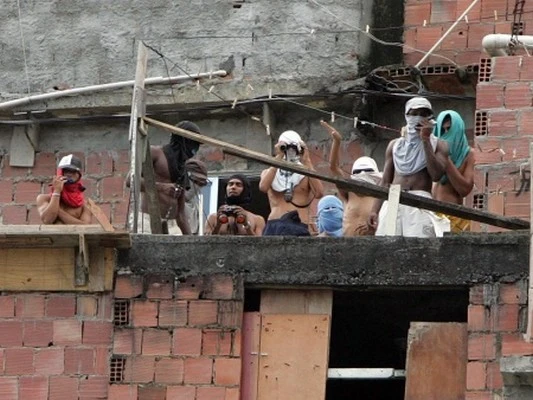After Brazil’s 2020 Supreme Court ruling limited police raids in favelas during the pandemic, organized crime in Rio de Janeiro notably increased.
The National Council of Justice’s CNJ report illuminates the challenges faced by law enforcement under these constraints, noting the heightened risks for police officers.
In Rio, a police officer faces far greater danger compared to historical military contexts.
Their risk of injury is 725 times higher than that of an American soldier in the Gulf War.
Additionally, they are four times more likely to be injured than soldiers were in World War II.

This detailed assessment, presented to the Supreme Court, indicates that criminal organizations hold sway over roughly 1,700 neighborhoods in Rio.
The Red Command (Comando Vermelho) specifically dominates more than a thousand of these areas.
The restrictions on police activities have led to a marked increase in territorial disputes among criminal groups, with recorded conflicts rising from 114 in 2020 to 315 in 2022.
The Red Command is not only solidifying its power but also expanding its reach.
Rising Organized Crime in Rio de Janeiro Amidst Reduced Police Raids
Additionally, the emergence of ‘narcomilitias’—alliances between traditional gangs and militias—points to a complex and evolving criminal landscape.
These coalitions are reshaping the power dynamics within the city by uniting former adversaries to seize more territory.
The National Council of Justice has urged for a clearer definition of ‘exceptionality’ in police operations to better balance effective crime control with civil liberties.
This call underscores the importance of developing legal frameworks that carefully balance public safety with the rights of communities.
It aims to navigate the complex relationship between law enforcement and civil liberties in the face of security challenges.

